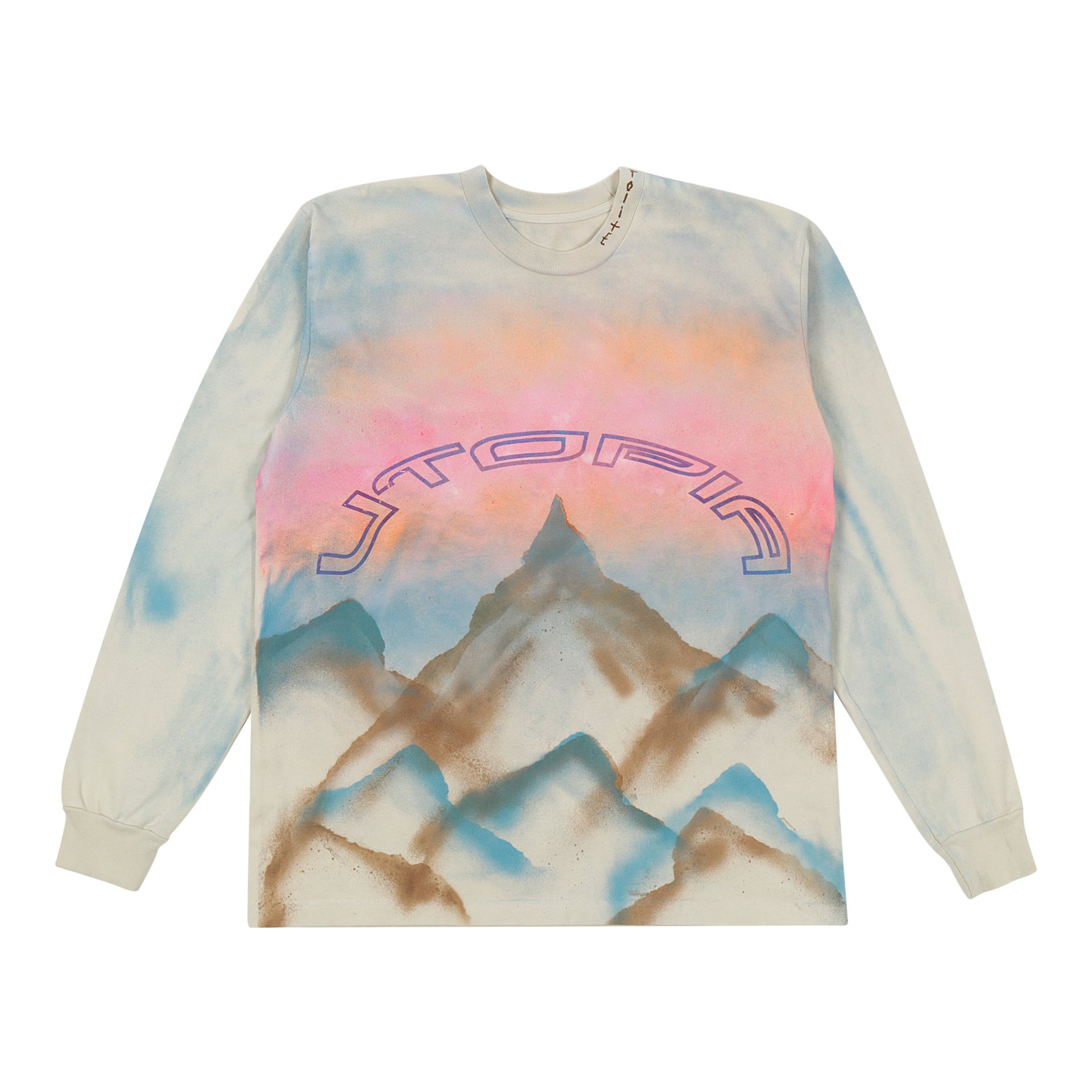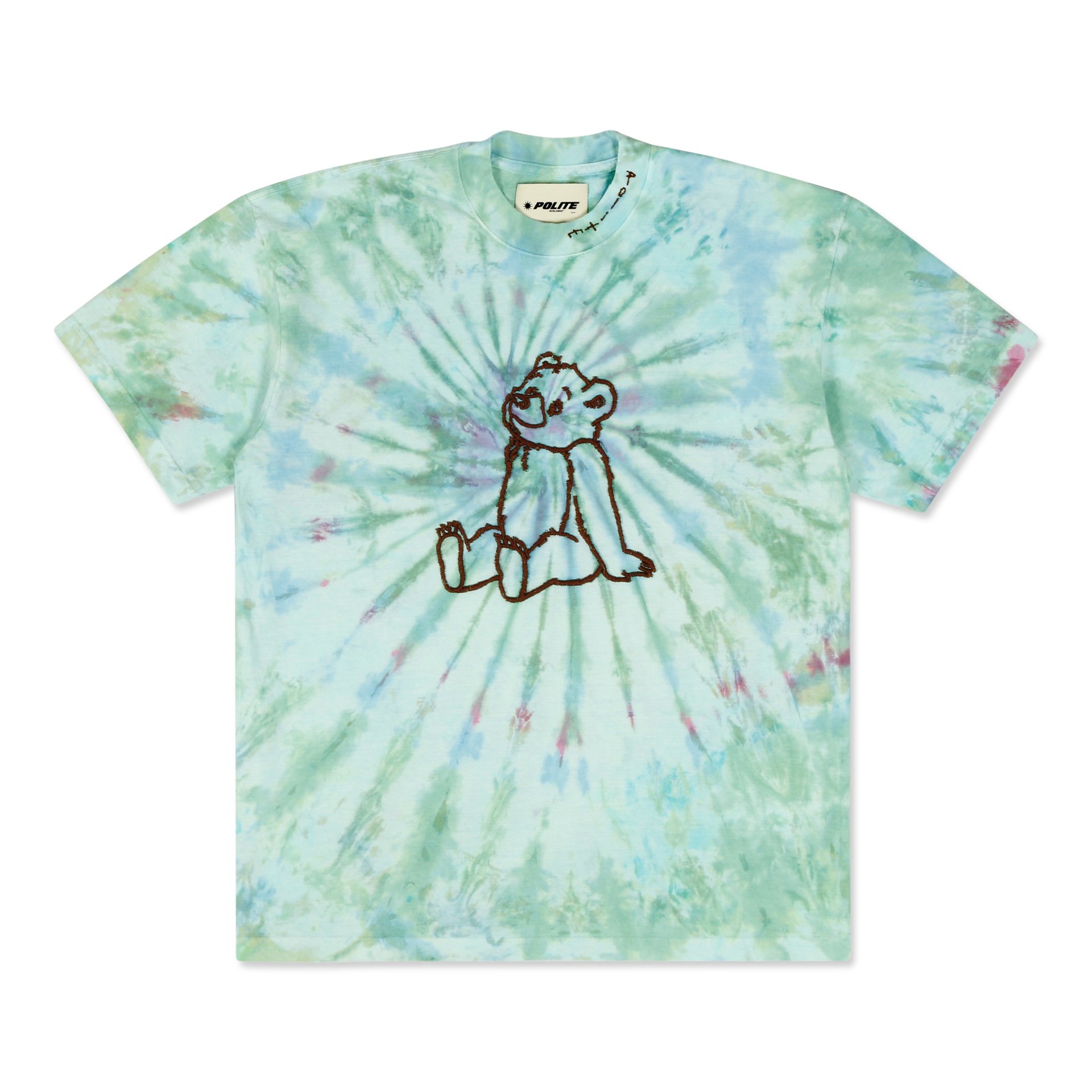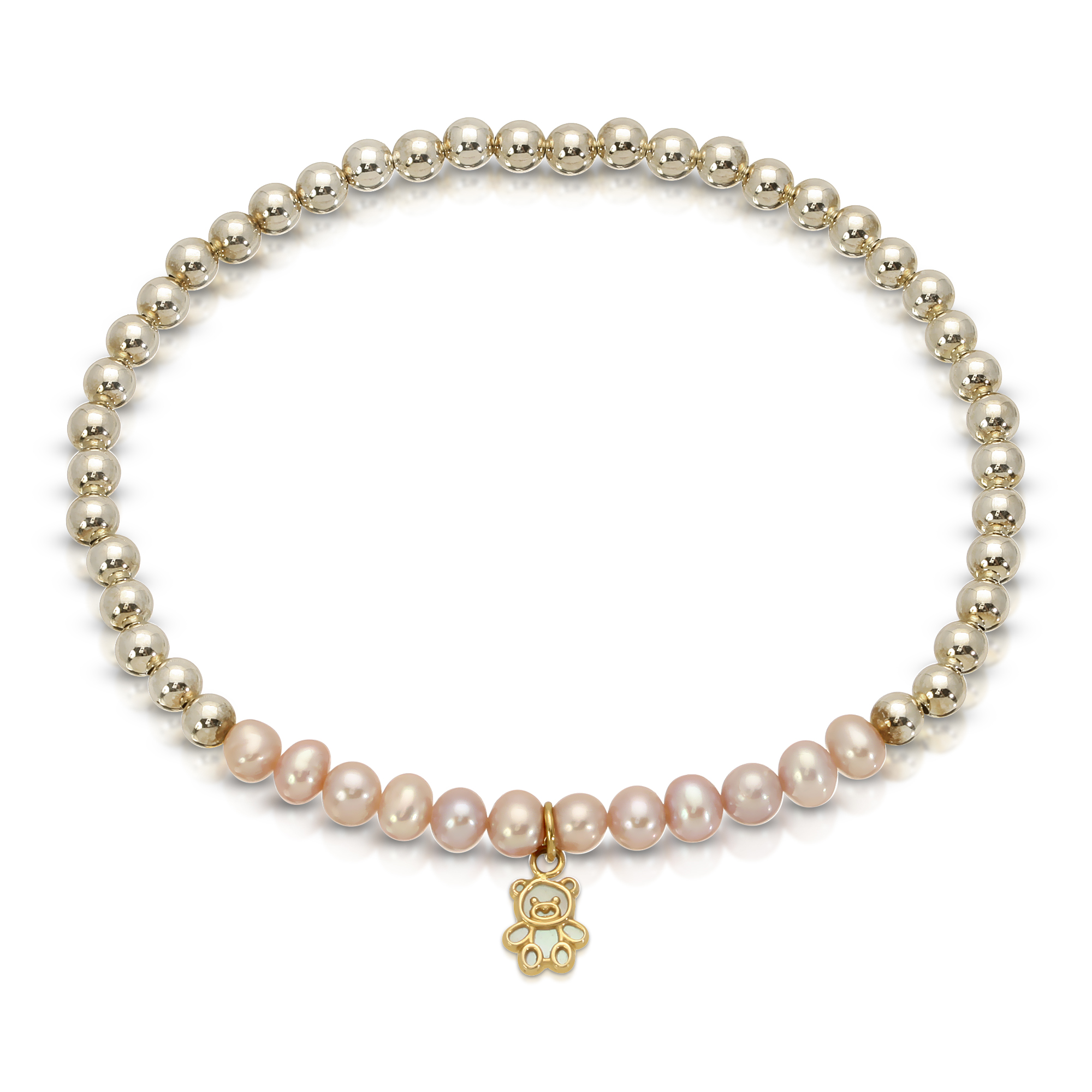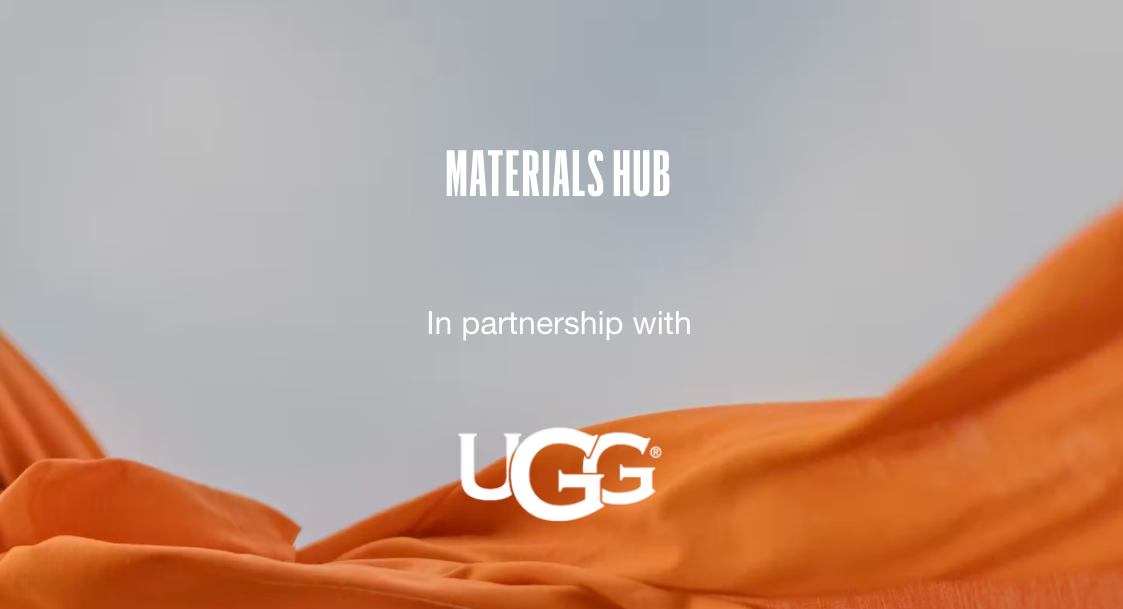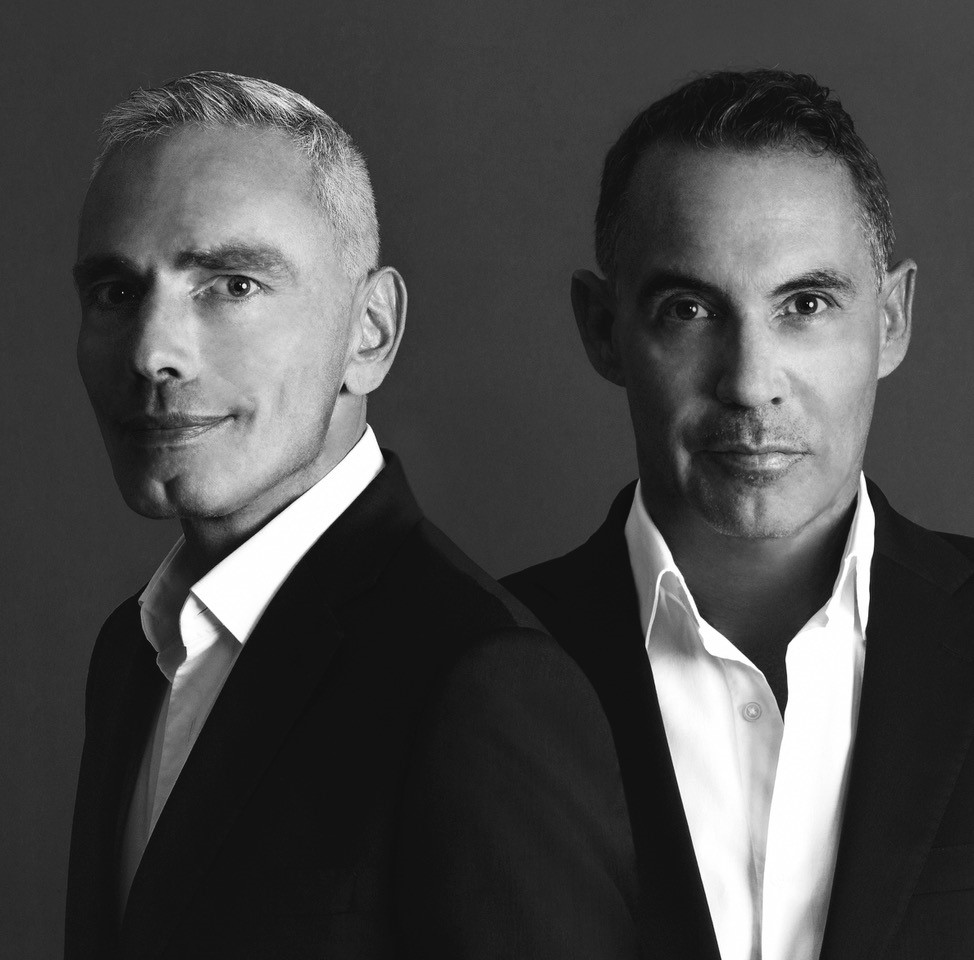Polite Worldwide on Collaboration and Consciousness
October 29, 2021
Jackie Shihadeh
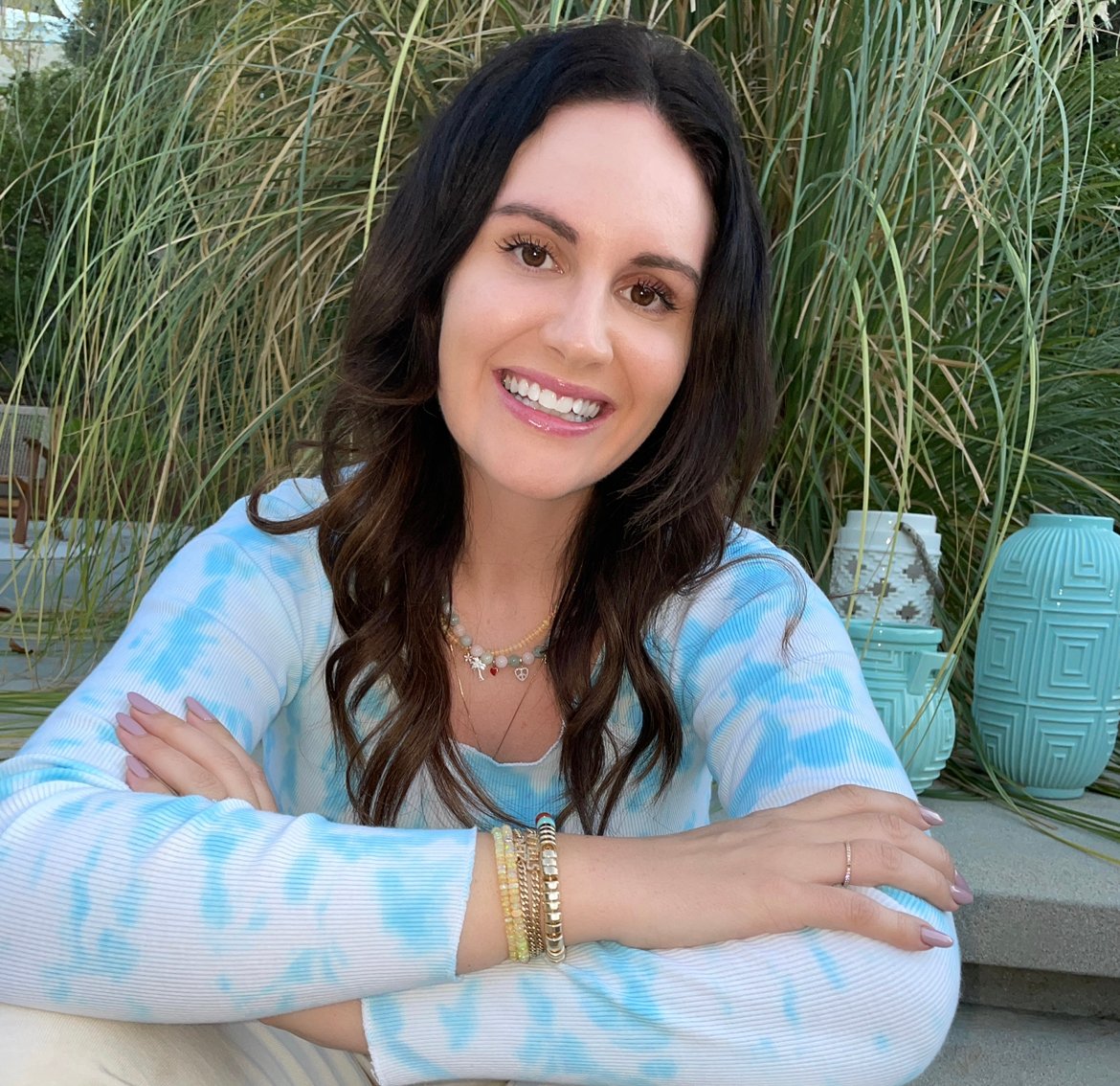


LA-based brand Polite Worldwide has a bold vision for the future. With a focus on making products with integrity and intention, consciousness as a lifestyle is at the core of their mission. Polite Worldwide was co-founded in 2020 by Tavia Azzinaro, an entrepreneur whose experiences in business, culture, and humanitarian ventures collided with her passion for sustainability and led her to create the brand.
With the increasingly alarming reports that we are not on track to meet global climate targets, it is more critical than ever to make changes to secure a lasting, sustainable future for people and the planet. Since its launch, Polite Worldwide has made its commitment to protect the Earth and align with brands who share the same vision, a foundational pillar of the brand, collaborating with environmentally-conscious organizations such as Lonely Whale and Atmos, and releasing an Earth Day capsule collection with Triller.
Azzinaro sat down with us to share her perspective on collaboration, innovation, and her advice to other brands looking to make a positive impact.
Can you start off by telling us more about the origin of Polite Worldwide and the brand’s journey so far?
Polite Worldwide officially launched January 2020 in Paris with a showroom to present our initial jewelry collection featuring our signature pink pearl necklaces and our range of pearl jewelry. Our plans for Polite Worldwide have always been to slowly grow into a range of accessories and lifestyle pieces that represent our creative vision for Polite. Having spent over a decade in fashion, my husband and I had experienced first hand the massive amount of waste generated by the production and psychology of fashion. We found that there had been a lot of darkness in the industry that contributed to these problems and that the root of a lot of the toll to the environment was a direct result of the mindset that the people creating the pieces carry. We were inspired to build a brand that put mindfulness at its core. Building a business that focuses on morals allows us to keep a standard that is constantly evolving with our commitment to craftsmanship, consciousness and sustainability.
Can you tell us more about what collaboration means to you and the brand, and your recent collaborations?
Collaboration is a foundational aspect of Polite Worldwide. We feel so fortunate to have the opportunity to connect with value aligned companies and organizations that share a spirit of collaboration and the desire to make an impact. We feel empowered in the experiences that we co-create with others and expand our values into a range of products, experiences and artforms. These opportunities allow for us to learn from each other, to create in ways we wouldnt on our own, to expand our voice and reach new people. Collaboration is an essential part of Polite Worldwide and will always be special to us. We have two special collaborations this coming holiday season, one of which is with an amazing wellness company from Sweden called Colekt and the other being an NFT release focused on philanthropy.
How would you define innovation, from a design systems perspective?
Innovation to me is the advancement of an idea that takes what we once knew into a new dimension of reality and purpose. Innovation is a solution that adapts to the time. We are thrilled about innovation in fashion that is being presented with focus on sustainability and circularity. There are emerging technologies that are being implemented to create in ways that reduce waste and repurposed materials that have the potential to make a significant impact for the better.
As a growing brand, what have been some of the biggest hurdles and roadblocks you’ve had to navigate?
Through each step of growing, there are challenges that present themselves. A challenge for us has been supply chain resources that have standards that we are pushing to see when looking at how products get made. Most factories push for high minimums with every aspect that goes into making a product. This contributes to a lot of waste while also making it challenging for companies who desire to focus on smaller collections to have support in getting items made. We are constantly sourcing and finding ways to get through these hurdles but feel hopeful that with our success as a brand, we will open the momentum for other companies who have similar values to create a demand that will open more resources within the supply chain.
Where and how do you see opportunities for small-medium sized-brands and creatives to break down barriers and overcome fashion systems challenges?
I think mentorship is really important. I feel there is not enough authentic mentorship happening that could truly benefit both small brands and unseen creatives and larger fashion participants to support one another. There is so much potential for inspiration that is getting blocked because of what I feel is social proof/acceptance that’s actually causing people to lose out on opportunities that would otherwise bring enrichment, amazing art and evolution. I hope to participate more in mentorship, to be mentored, and to continue this conversation around mentorship so it encourages a more widely accepted view on this topic that I think will create so much more balance in the fashion system.
What advice would you give to small-medium sized brands on how to assess, prioritize and navigate a sea of imperfect choices when aiming to build and grow a circular brand?
I would suggest that every company establish their core values and really look at what they mean to your brand. Establishing this foundation can become an important guide for the decisions you make. These decisions will be challenged especially when sustainability and environmental consideration become a part of those values. It’s bound to happen when we are dealing with an industry that is at the beginning of making shifts that address the harm that has been happening for a long time. I would suggest breaking down the products of your brand and looking at everything, where do your materials come from? Are there more ecological options of these materials? How is your product assembled? How can you ensure ethical labor standards are practiced in the making of your products? How can you offset your carbon or the carbon emitted from your suppliers? Look at your packing and processes and keep in mind reducing your consumption as much as possible through each aspect of the making and packaging process. Look at where you can repurpose materials. Find local suppliers, support artisans, focus on a less in more approach. We believe in “slow design.” We feel companies and designers can really benefit from moving away from the need of having to design so many pieces that go in and out so quickly. This process is creating so much waste and excess that isn’t needed. If there is more of a collective approach in ideology around slow design, we can work towards creating less that will have more impact and use for years to come.
Can you tell us more about the sustainable and considered materials you’re using in your designs?
We are using a lot of hemp across ,the board in our ready-to-wear, new accessories (including bags and headwear). and our footwear. We are excited about the use of hemp as it has many environmental benefits; it’s durable and long lasting; it uses way less water than cotton and other natural fibers; hemp is completely biodegradable; growing hemp creates healthy soil and removes toxins from the atmosphere. We are also working with suppliers for our gold and gemstones in our jewelry to further establish supply standards that are conflict-free and have environmental regulations. Our footwear is using vegan, grapeskin leather, recycled plastic and bio-based polymers. Our screen-printing for our ready-to-wear is done with environmentally-friendly and chemical free inks and our dye process is low impact, botanical based.
With COP26 approaching, along with increasingly alarming reports that we are not on track to meet global climate targets, what role do you feel fashion brands can play to reduce impacts and accelerate momentum for positive change?
I feel fashion brands can play an important role in really looking at their current supply chain and demanding for alternatives that are much less tolling on the environment. Factories will adapt if their customer is demanding for such alternatives. It’s important to see this demand come from large brands because they are the largest polluters; they also open the opportunity for medium and small brands to benefit from their lead, the changes their suppliers will make as a direct result of their doing so. I would also reiterate that slowing the pace in which fashion brands release products, the amount of product released and the mentality of less is more can really benefit fashion all over the world.
What sort of systems and policy innovations do you feel are most critical to make these changes?
I feel a system that incentivizes suppliers, brands, sellers, consumers to produce, create, distribute and purchase based on ethically aligned values, standards and regulations that truly support the health and renewal of our planet is critical. If we can create community around this way of thinking we can see these changes manifest.
What’s next for Polite Worldwide?
Polite Worldwide is expanding our range of products to establish a collection that has variety that will be maintained as our core pieces for what we hope will be years and years to our customers. We are furthering our collaborations with creators and companies that we believe in while deepening our commitment to philanthropy, our love for the natural world and our desire to uplift humanity with the energy projected from Polite Worldwide. We hope our upcoming projects and experiences spark inspiration and lasting connection.
